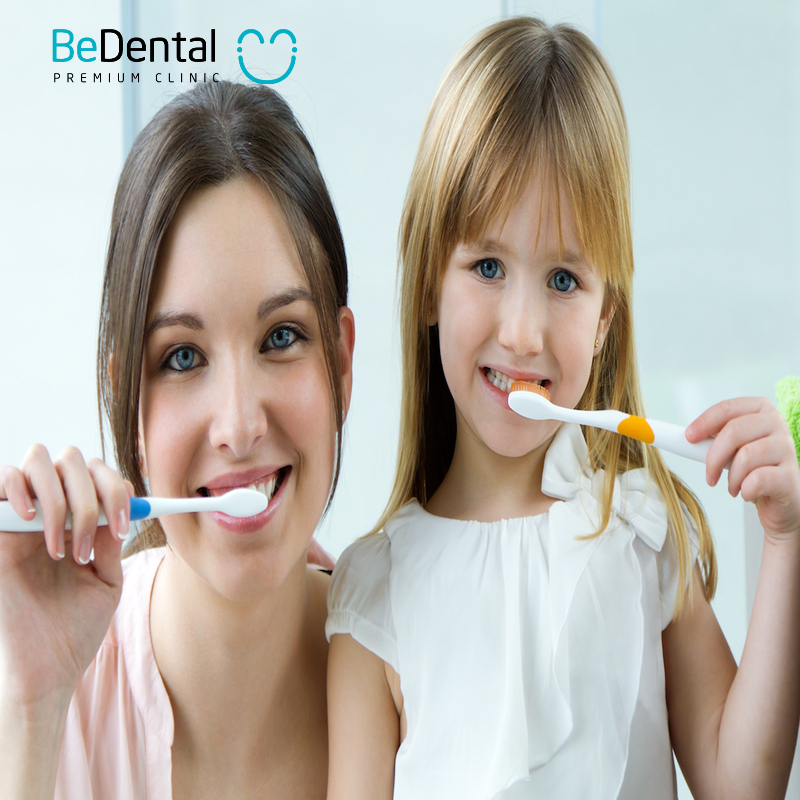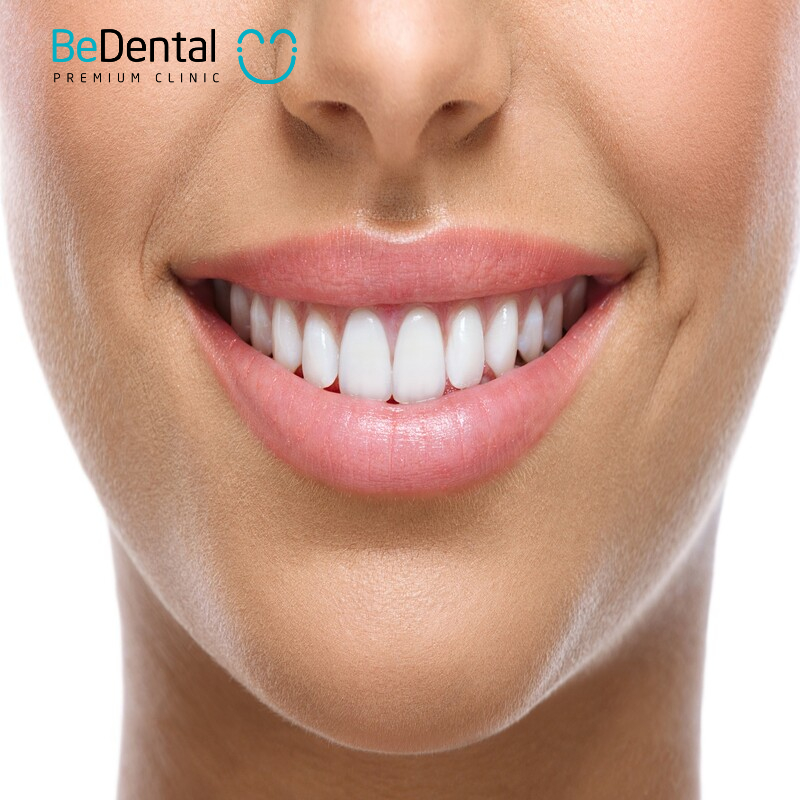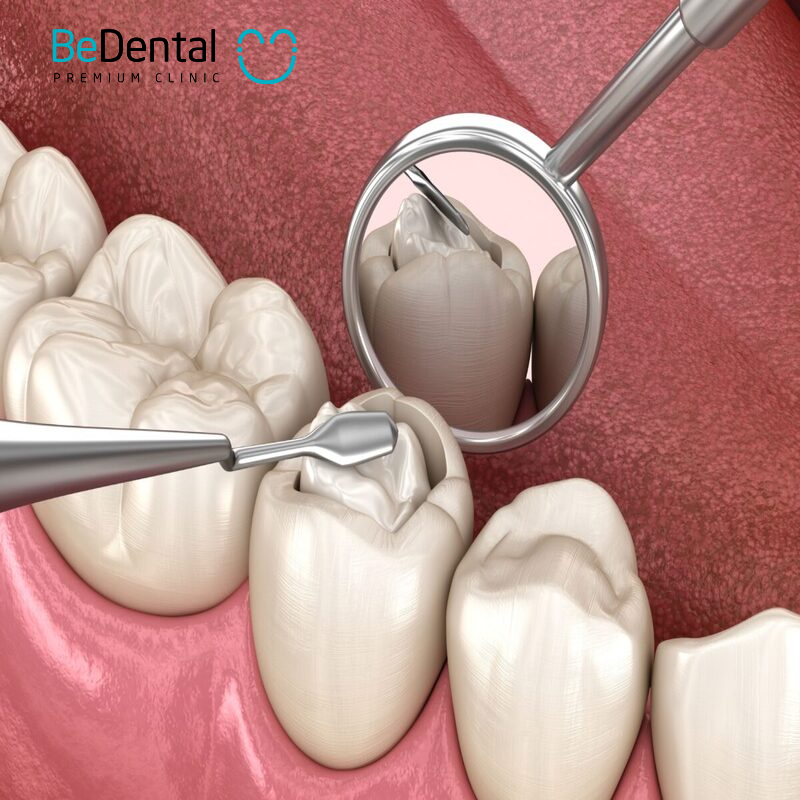Understanding tooth structure not only plays a crucial role in maintaining oral health but also has profound implications for physiognomy. According to a study by the American Dental Association, about 75% of adults believe that a smile is a key factor in first impressions. This highlights the importance of the shape and health of teeth in shaping others’ perceptions of our character and personality.
Understanding tooth structure- The Connection Between Tooth Structure and Personality, Destiny
Understanding tooth structure is not only essential for oral health but also plays a significant role in reflecting an individual’s character and destiny. Research in the field of physiognomy suggests that the shape, size, and color of teeth can provide valuable insights into personality traits and life tendencies.
The Shape of Teeth Reflects Character
- Straight and Even Teeth: Individuals with straight, even teeth are often perceived as confident, decisive, and likely to achieve success in their careers. They tend to communicate well and attract attention from others.
- Crooked or Misaligned Teeth (all about crooked teeth): Conversely, those with uneven teeth may struggle with building relationships and may face numerous challenges in their careers. They may exhibit inconsistency and a critical nature, affecting how others perceive and evaluate them.

Size and Shape of Teeth
Large and Sharp Front Teeth: Those with prominent front teeth are often seen as strong, decisive, and capable of leadership. They tend to make a strong impression on others and are often the center of attention in social situations.
Small or Thin Teeth: Individuals with small teeth may be regarded as shy or lacking determination. They are often more vulnerable and may require time to build confidence in relationships.
Color and Health Reflection
Bright and Even Teeth: Good oral health care often reflects a positive and optimistic personality. These individuals typically enjoy happy emotional lives and find it easy to establish relationships.
Dull or Stained Teeth: This can indicate health issues or neglect, potentially leading to negative perceptions from others and creating difficulties in various aspects of life.
The Development of Teeth Through Life Stages
Here is a description of tooth development through different life stages:
Prenatal Stage
Formation: Tooth development (wikipedia) begins in the sixth week of pregnancy. The cells of the upper and lower jaws start forming tooth buds.
- Tooth Buds: By the 20th week, all permanent tooth buds are formed, although they have yet to erupt.
- Healthy Development: Early formation of tooth buds indicates healthy fetal development. Children with good development during this stage tend to be healthier and intellectually better off as they grow.

Physiognomy: A healthy pregnancy can be associated with positive personality traits like confidence and resilience in overcoming future challenges.
Infancy Stage
Baby Teeth: Typically, baby teeth (or temporary teeth) begin to erupt around six months of age. This process continues for 2-3 years, resulting in a total of 20 baby teeth.
- Timing of Eruption: The front teeth are usually the first to emerge, followed by canines and molars.
- Baby Teeth Growth: The emergence of baby teeth is often viewed as a sign of overall child development. Healthy baby teeth can reflect general health and good growth potential.
Physiognomy: Children with beautiful, even baby teeth are often perceived as having positive personalities, are easy to socialize with, and tend to be more confident as they grow.
Childhood Stage (Ages 2-12)
Tooth Loss: Around ages 6-7, children begin losing their baby teeth and replacing them with permanent teeth. This process continues until approximately ages 12-13, when the last permanent teeth emerge.
- Permanent Tooth Eruption: The first permanent teeth to emerge are usually the molars (tooth number 6), which come in at the back of the mouth.
- Tooth Replacement: The process of replacing baby teeth with permanent teeth often coincides with personality development. Healthy permanent teeth can reflect confidence and the ability to handle challenges.
Physiognomy: Children with straight, even permanent teeth tend to exhibit stable personalities, confidence, and ease in forming good social relationships.
Teen Stage (Ages 12-18)
Wisdom Teeth Eruption: Wisdom teeth, or tooth number 8, usually appear between the ages of 17 and 25. Not everyone develops wisdom teeth, and some may need to have them removed due to lack of space or misalignment.
- Complete Tooth Structure: During this stage, the tooth structure is finalized, and jaw development stabilizes.
- Wisdom Teeth Emergence: The emergence of wisdom teeth often occurs during a critical period of maturity. Successful wisdom teeth eruption can reflect positive physical and mental development.
Physiognomy: Individuals with well-aligned and healthy wisdom teeth are often more confident in relationships and exhibit good leadership qualities, while those with wisdom tooth issues may struggle with decision-making.
Adulthood Stage
Maintenance: After age 25, no additional teeth will emerge, but oral health still requires attention. Good habits like proper oral hygiene and regular check-ups are essential for maintaining healthy teeth.

- Aging Effects: As one ages, teeth may undergo changes such as enamel loss, discoloration, or even tooth loss due to health issues or cavities.
- Tooth Maintenance: During this stage, oral care becomes increasingly important. Healthy and attractive teeth can reflect self-care and health awareness.
Physiognomy: People with straight, shiny teeth are often viewed as responsible, careful, and capable of better life management. In contrast, individuals with dental issues may be perceived as neglectful or lacking determination.
Elderly Stage
Decreased Jawbone Density: As one ages, jawbone density may decrease, making teeth weaker and more prone to fracture.
- Dental Pathologies: The risk of oral diseases such as gum disease or cavities also increases, making oral health care even more critical.
- Jawbone Density and Pathologies: Aging significantly impacts oral health. Weak and aging teeth can reflect overall poor health.
Physiognomy: Older individuals with healthy teeth are often valued for their health and wisdom, while those with poor dental conditions may be seen as neglectful of self-care or having health issues.
The Impact of Oral Health on Psychology and Social Impression
Here’s an analysis of how oral health influences psychology and social impressions:
Oral Health and Psychological Impact
Confidence and Self-Perception: Individuals with good oral health tend to feel more confident in communication and social situations. They are likely to have a higher self-assessment, leading to a willingness to engage in social activities and express themselves. Conversely, those with oral issues, such as cavities, bad breath, or discolored teeth, may feel insecure and anxious when interacting with others.

- Emotional and Mental State: Poor oral health can lead to anxiety, stress, and even depression. Studies show that individuals with oral health issues often feel isolated and less satisfied with life. This can create a negative feedback loop, where poor mental health leads to neglect in oral care, causing further dental problems.
- Link Between Oral Health and Mental Health Issues: Some studies have indicated a connection between poor oral health and mental health issues, including anxiety and depression. Those experiencing oral health problems may endure more negative emotions, affecting their social interactions and relationship building.
Influence on Social Impression
First Impressions: The shape and condition of teeth can create a strong first impression in social situations, such as job interviews or dating. Healthy, even, and shiny teeth often create a positive impression, while decayed, crooked, or discolored teeth can lead to negative perceptions regarding character, diligence, or self-care.
Personal Image and Brand: Oral health impacts not only personal well-being but also one’s image in society. Those with beautiful smiles and good oral hygiene are often viewed as more successful, better leaders, and more appealing to others. They tend to build relationships more easily and maintain positive social interactions.
Impact on Career Opportunities: A confident smile can open doors to more career opportunities. Research shows that employers often prefer candidates with attractive smiles and good oral health, as they are generally perceived as more positive and easier to collaborate with.
Conclusion
Oral health affects not only physical well-being but also plays a significant role in mental health and social perceptions. Caring for one’s oral health is not merely an aesthetic issue; it’s a crucial aspect of building confidence, enhancing personal image, and achieving success in social relationships.
For those seeking further consultation regarding dental examination services, please visit BeDental’s locations in Hanoi or Ho Chi Minh City. You can also reach us at our hotline: (+84) 934.61.9090 / (+84) 899.555.636 or through our Facebook page, BeDental, for prompt and accurate assistance.



